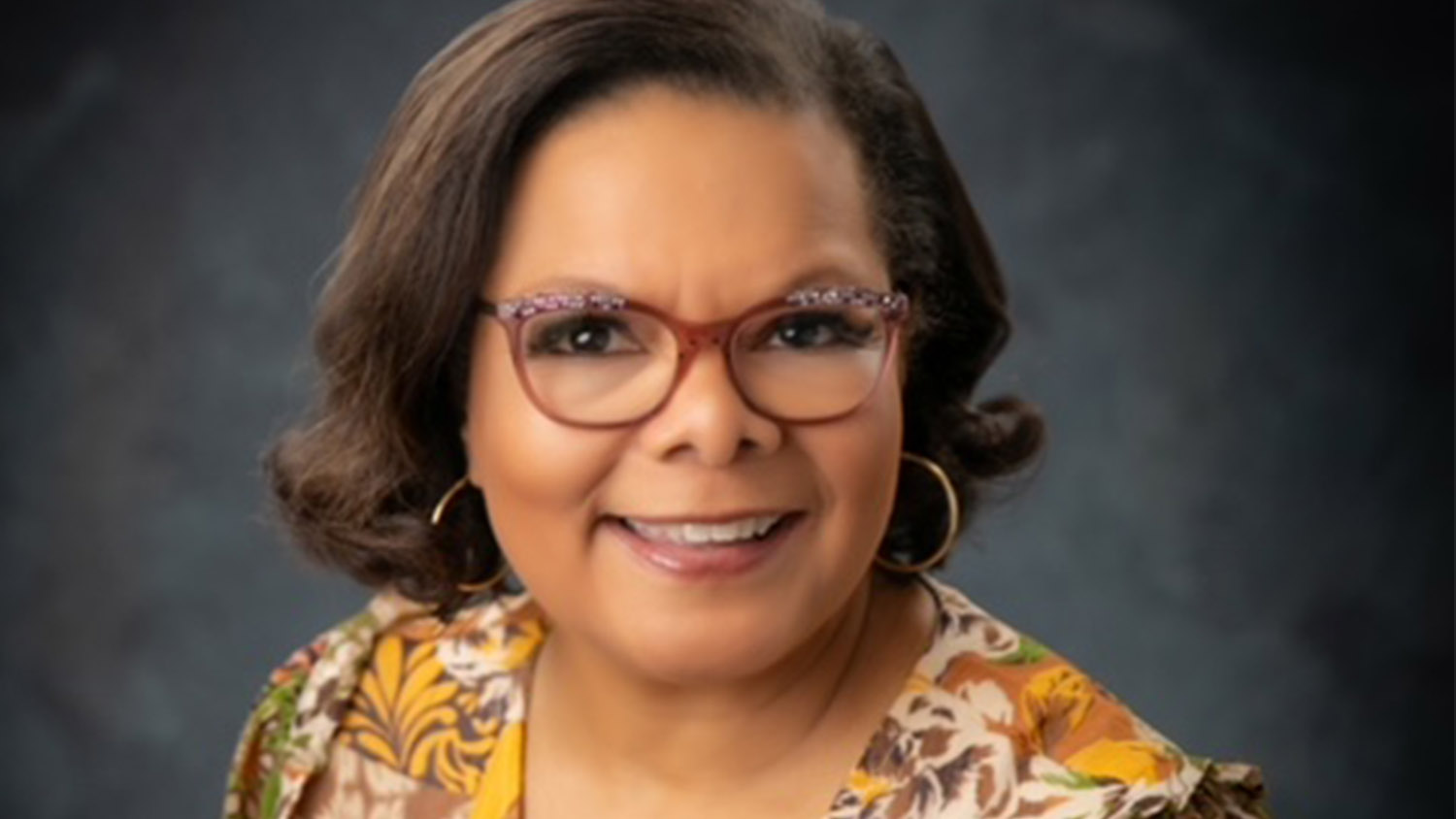Teachers in Chapel Hill-Carrboro City Schools Looking Forward to Bringing Math Discourse into Classrooms Through Project AIM Professional Development

Kathy Thompson, a second grade teacher at Estes Hills Elementary School in Chapel Hill, says discussing and debating mathematics topics can help students feel heard and valued in the classroom.
Thompson is one of about 30 teachers in the Chapel Hill-Carrboro City Schools (CHCCS) district participating in professional development through the Project AIM (All Included in Mathematics) program. Developed by NC State College of Education Dean Paola Sztajn and Horizon Research, Inc., Project AIM helps elementary school teachers learn to promote mathematics discourse for all learners using techniques adapted from literacy instruction. Thompson is excited that the professional development will help her learn how to better incorporate mathematics discussions into her teaching.
“I hope to walk away with a deeper understanding of how intentional I need to be when planning for math discourse,” Thompson said. “I want to move beyond having students share their math work; I would like to see students use common language, stay engaged and prove their theories within our school community.”
Since 2010, Project AIM has delivered professional development that enables teachers to advance their mathematical understanding of the content and pedagogy needed to improve the quality of mathematics discourse in their classrooms, analyze classroom practice and students’ mathematical thinking, and scaffold and support all learners’ engagement with mathematics discourse.
Across several implementations, teachers who participated in Project AIM demonstrated a better understanding of mathematics discourse, were better prepared to implement high-quality discourse and reported attending to various dimensions of discourse in their practice. Participants also significantly outperformed teachers who did not participate in their mathematics content knowledge growth.
“Project AIM centers students at the heart of the curriculum,” said Noa Stuchiner, director of elementary math and science in Chapel Hill-Carrboro City Schools. “This professional development will help teachers deeply know and understand the mathematical thinking and processing of each child. They in turn will be able to use that information to further guide instruction. In short, this professional development will grow teacher knowledge and increase student understanding.”
Professional development through Project AIM began for K-2 teachers and coaches at three CHCCS schools in June, with three days of workshops. Teachers will continue to receive an additional 12 hours of training, spread out over six sessions, for the remainder of the school year. Project AIM will continue to provide professional development to CHCCS through the spring of 2025.
“We are so excited to partner with Chapel Hill-Carrboro City Schools to bring Project AIM to K-2 teachers in the district for the next two years,” Sztajn said. “I am looking forward to seeing how these teachers will build upon their own knowledge by learning to promote productive math conversations in their classrooms in a way that will, in turn, support and enhance their students’ learning.”
For Natalie Sayag, a second- and third-grade instructional coach at Northside Elementary School in Chapel Hill, participation in Project AIM means an opportunity to bring enhanced task-based math into classrooms through discourse and discussion and to enable teachers to help students build more solid foundations of number sense.
“I am most excited to learn ways to support my teachers in building number sense with their students, and I am really interested in consistently utilizing math discourse in the classroom and seeing how this affects students’ and teachers’ confidence with understanding numbers and number relationships,” Sayag said. “I also hope this helps students feel comfortable with not only computing numbers, but assessing reasonableness in their math thinking.”
Ellen Royer, a kindergarten teacher at Estes Hills Elementary School, is hoping that professional development through Project AIM will help her provide more hands-on opportunities for her young learners to understand math while making mathematics discourse a natural and engaging part of their learning experience.
“I’m hoping students will have more opportunities to test, practice and discuss their math ideas and therefore gain a deeper understanding of the relationships between numbers and quantity, cardinality, and other kindergarten mathematical concepts,” she said.
- Categories:


